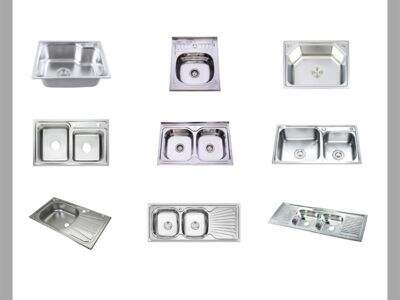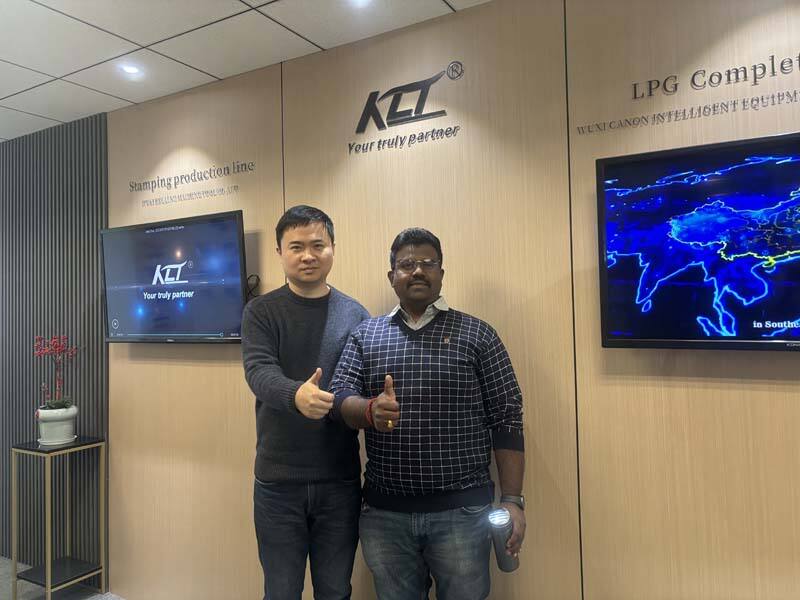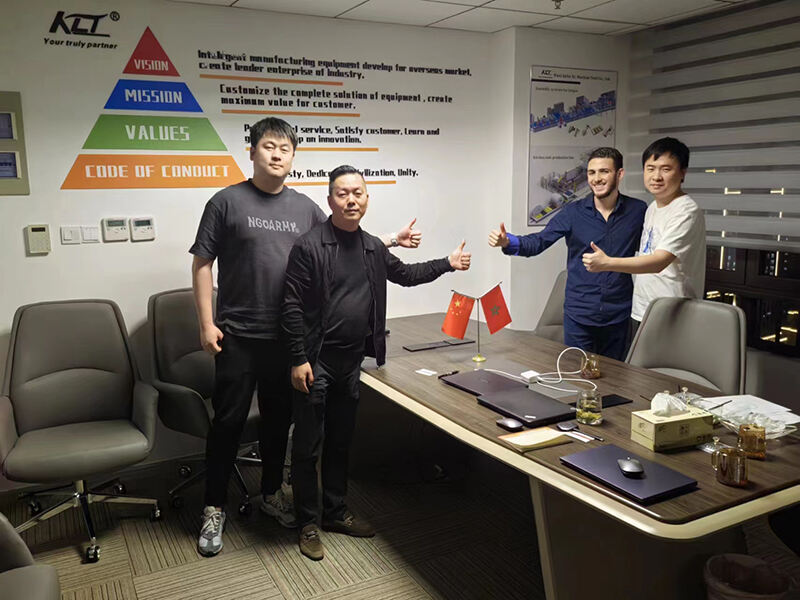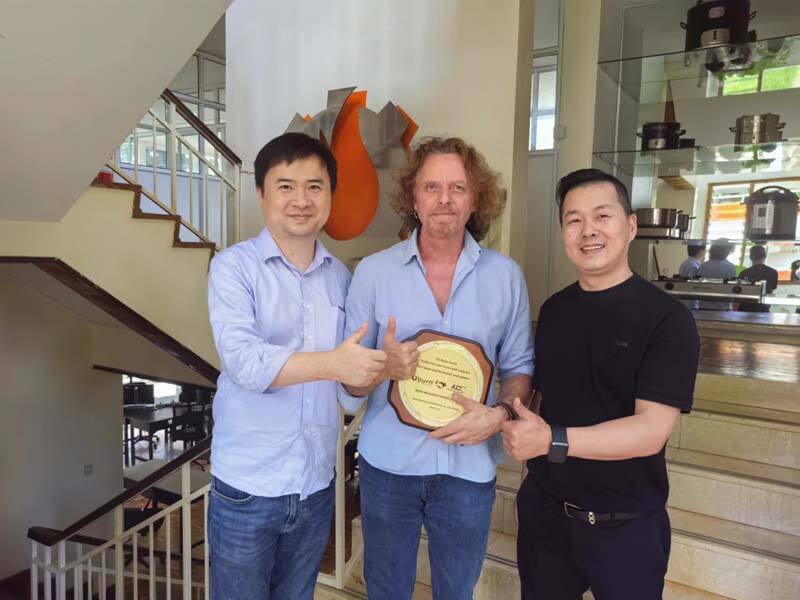Kelai manufactures sinks for kitchen and baths. They make different kinds of sinks that people use daily. They also have machines that can cut, shape, and polish sheets of metal to create the sinks. These machines must perform high and fast, operating correctly to create quality sinks they'll meet customer orders.
To improve the quality and speed of their work, Kelai has begun to use new technologies that are helpful in the Kitchen Sink production equipment process. One is a computer program that help them design the sinks before they are built. The program is known as computer-aided design, or CAD for short. Using CAD, engineers can visualize the sink and identify any shortcomings in the design. In case they identify any problems, they can rectify them before real production begins. This saves time and makes sure that the sinks are made properly.
Those metal sheets are also cut out by machines —with lasers. Laser is a powerful device that can make very precise cuts in metal. That means the sinks can be cut to the exact right size. Because there are fewer surplus pieces of metal left over, the use of lasers not only saves time but also minimizes waste. Cooperating with the robots are machines that assemble sink components quickly and accurately. Thanks to this collaboration between machines and robots, Kelai has been able to make more sinks in less time than ever.
Making Sink Production Easier
Kelai knows some customers require basic sinks that facilitate simple installation. People don’t want a complex sink that requires a lot of effort to install. To address this demand, the firm has simplified the Kitchen Sink production line using some key technologies. These key technologies include something called pressing. Sink making is a process that involves pressing a metal sheet using a hydraulic press into a mold.
The process of pressing is quite simple and effective. It doesn’t involve cutting, welding and polishing — processes that can be time consuming. Because placing presses is extremely easy, it saves time and lessens the opportunity for manufacturing errors. The result is that the sinks are more uniform in quality and design. Kelai have also released a selection of small but versatile sinks that will slot into any space. These sinks are ideal for home apartments or bathrooms where the space is scarce, and every inch of real estate matters.
Harnessing technology to better task performance
Kelai is keen about new solutions and always trying to make steel sink making machine more effective. They do this by utilizing innovative technologies that allow them to be more efficient and productive. One exciting technology they use is known as the Internet of Things, or IoT. IoT stands for Internet of things, basically its a network of connected devices that can gather data and communicate with each other to optimize the functioning of devices.
With IoT, Kelai can now have a real-time view of how their machines are performing. That allows the company to catch any trouble before it becomes a serious issue. For response to something, if a machine is not doing what it is supposed to be doing, they can repair it immediately rather than waiting for that machine to stop working completely. The IoT also enables Kelai to consolidate critical data on machine use. Related this can be used to prepare better maintenance schedule and reduce downtime keeping production running smoothly.
Phong also implemented a cloud-based system for Kelai. It enables employees to access and share information from anywhere, whether at the office or working from home. This types of systems help employees collaborate, exchange ideas, and work more productively. Having the right data available at their fingertips allows managers to make informed decisions quickly as well.
How Robots Help Make Sinks
Kelai has also introduced robotics to its production lines. Robots are machines built for performing complex activities with great efficiency and can repeat these tasks without tiring. Robots perform these tasks either for sink manufacturing, including welding, grinding and polishing. Since they work nonstop, they can churn out lots and lots of sinks without stopping for breaks.
With robots, Kelai has diminished the necessity for human workers to perform some of the more hazardous or monotonous tasks. That means the company can produce sinks more quickly and with fewer errors. They also contribute in making workplace safer. With robots managing the heavy lifting and difficult tasks, there are fewer opportunities for accidents and risks for human workers. This provides greater security for the entire workforce.
Technology to Produce More Sustainably
Kelai is eco-friendly and never compromised on environmental protection. This is now realized by utilizing eco-friendly technologies in the sink production process. One such technology is wastewater treatment. In sink manufacturing, water is used to cool down the machines and remove debris.
But this water can become contaminated with metal particles and chemicals. This is not exactly eco-friendly. To stop this wastewater from contaminating Earth, Kelai has put in place a wastewater treatment system. It cleans the water by eliminating toxins. The extracted water cleansed can be filtered and reused in the manufacturing process. This saves on the amount of water that Kelai needs to use, which in turn minimizes its impact on the environment.
Moreover, Kelai has designed sink models made out of recycled materials. These recycled sinks are no less durable or stylish than the other sinks, but have a smaller carbon footprint. Kelai is also contributing to resource conservation and sustainability through the use of recycled raw materials.




